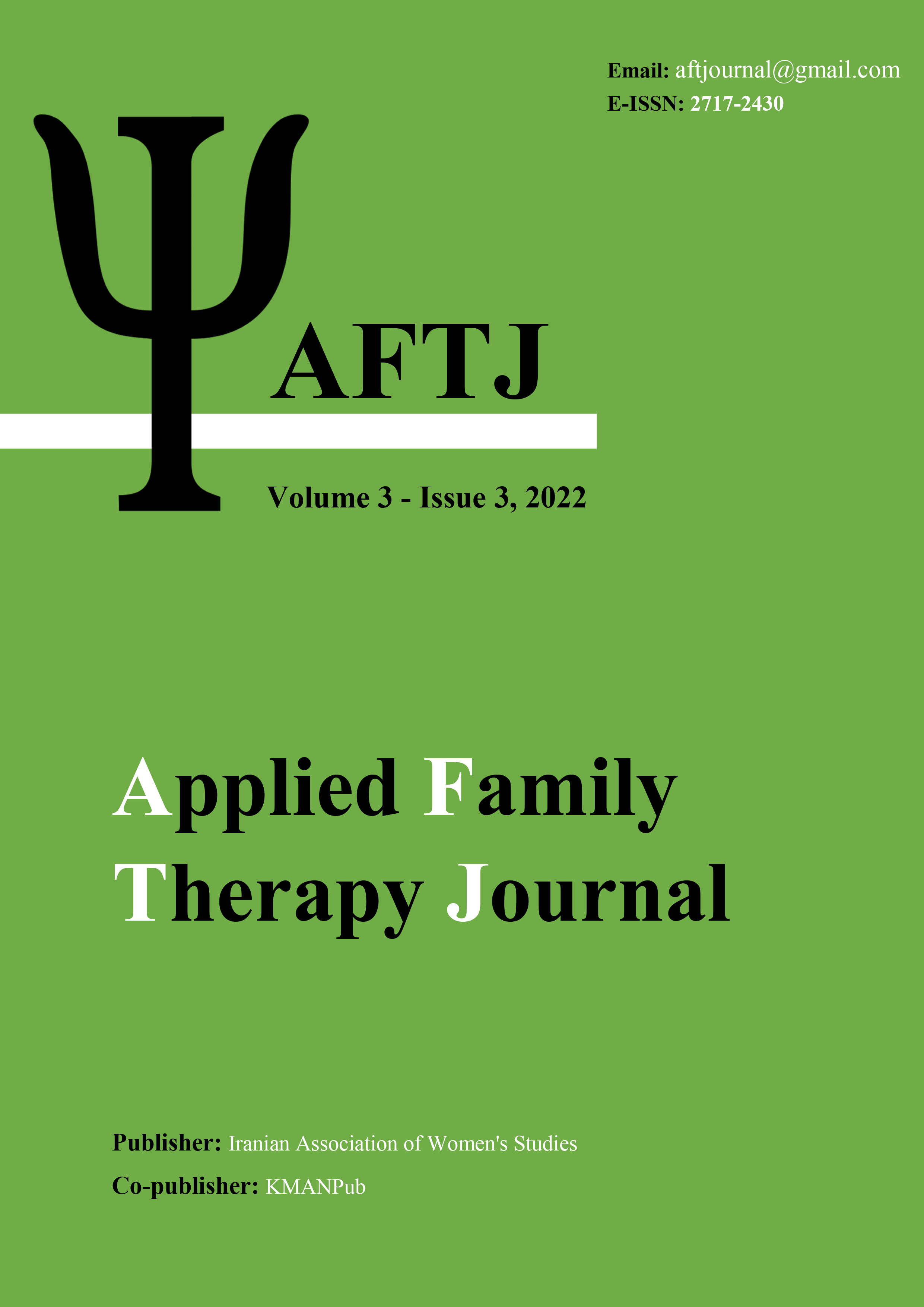Comparing effectiveness of the religion-based forgiveness training and the fairness-based contextual therapy on improvement of anger and forgiveness of cheated women in Ahvaz
Keywords:
Religion-based forgiveness training; Fairness-based contextual therapy; Anger; Forgiveness; Cheating.Abstract
Aim: The current research aimed to compare the effectiveness of the religion-based forgiveness training and the fairness-based contextual therapy on improvement of anger and forgiveness of cheated women in Ahvaz. Method: The research design was experimental with pre- and post-tests and control group. The statistical population of the research included all cheated married women in Ahvaz city among whom 45 were recruited using available sampling method and equally, randomly assigned to either the religion-based forgiveness training (experiment 1), the fairness-based contextual therapy (experiment 2), or control group. The subjects answered the Symptom Checklist (SCL-90-R) and the Trait Forgivingness Scale (Berry, et al., 2005). Each experiment group received he related sessions according to their manuals meanwhile the control group received no intervention at all. The data were analyzed using univariate, multivariate analysis of covariance, Bonferroni post-hoc, and SPSS-26. Results: The MANCOVA results showed statistically significant differences between the posttests. The results of Bonferroni test showed that the religion-based forgiveness training AND the fairness-based contextual therapy decreased the betrayed women’s anger (p < .001) and increased their forgiveness (p < .001). However, there were no significant differences between the two methods in terms of anger (p = .417) and forgiveness (p = .405). Conclusion: According to the results, therapists can use either religion-based forgiveness training or fairness-based contextual therapy to help betrayed women’s anger and forgiveness toward their husbands successfully.
Downloads
Downloads
Published
Issue
Section
License

This work is licensed under a Creative Commons Attribution-NonCommercial 4.0 International License.





















